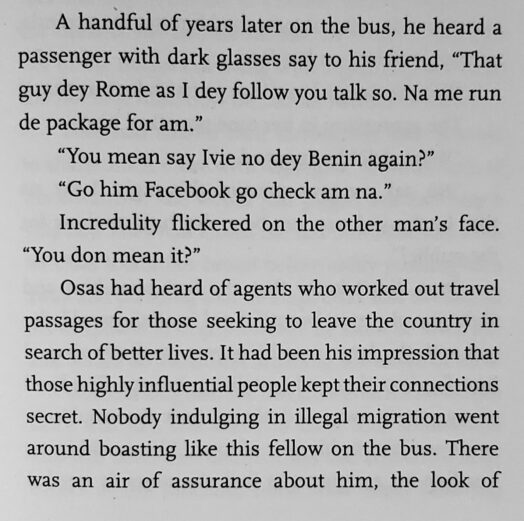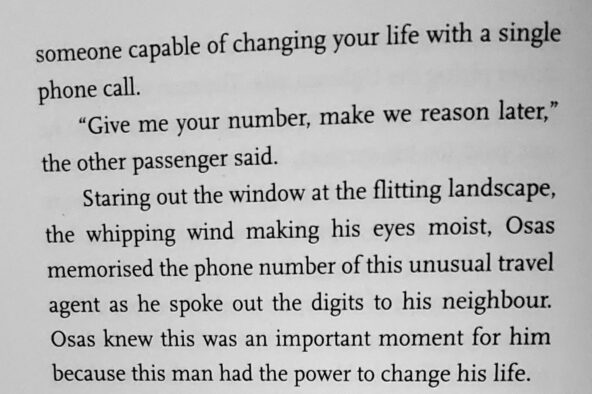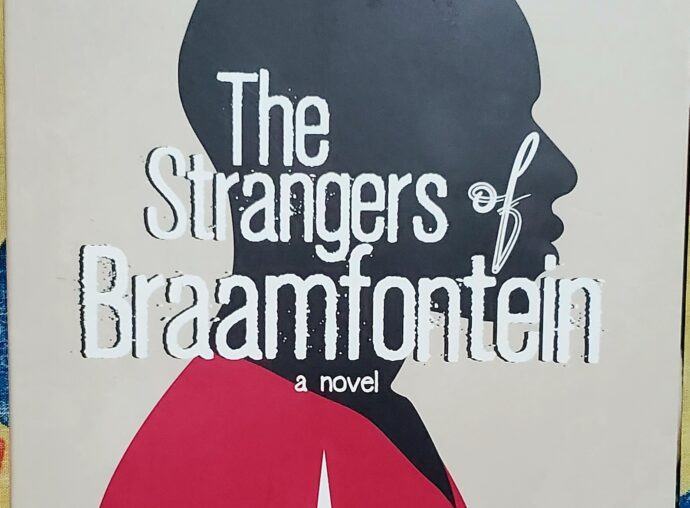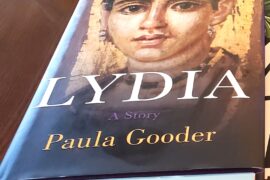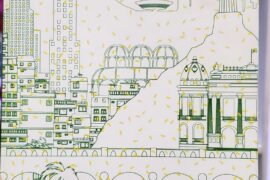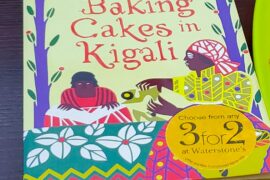I have just finished reading Onyeka Nwelue’s The Strangers of Braamfontein and it is at the very end while flipping through the very long list of acknowledgements that I solidified my main grouse with this book. For a book that I was not particularly impressed with, I read it in very few seatings. This is rare because I am a notoriously slow reader. Two reasons why I found this an easy read were that I found the characters very relatable and the writing very crisp. I know a lot of people in real life who fit almost every character in the book. They are fully formed and stereotypical; drug-dealing Nigerians, corrupt South African immigration officials and gang-related South African police officers. My relative familiarity with the Braam area where the book is set is another reason why I felt at ease with The Strangers of Braamfontein.
As illegal as the arrival (and stay) of most of the migrants in The Strangers of Braamfontein is, Onyeka Nwelue succeeds in humanizing their existence. The unfairness of life that causes them to find the proverbial golden fleece in South Africa is well highlighted; the grinding poverty, absence of family structure, sexual violence and in some cases a combination of all three led the migrant characters in The Strangers of Braamfontein to make the aspirational journey to South Africa despite the dubious processes that led them there. Osa the major protagonist had chanced on an illegal visa agent, April had been trafficked for sex work and it was no different for the many other migrants from Nigeria, Zimbabwe and the Francophone countries that we encounter in the book. The Strangers of Braamfontein chronicles their lives of drug dealing, prostitution, mafia-led violence and murder. The ironic thing is that by exchanging one life of uncertainty (poverty) the migrants have embraced more ways of uncertainty (xenophobia, sexual violence and death in the hands of rival drug dealers).
Rather than glorify the illicit nature of their migration and their means of sustenance, The Strangers of Braamfontein rightly highlights the futility of their damned choices. The book is even-handed enough to highlight that the problem is not just with the migrants as they have willing accomplices within the South African community. From the airport, immigration officials display their brazen corruption and police officers are not left behind as they collect bribes from criminal gangs.
With all of the above in view, my grouse with this book was (and still is) too strong. It is devoid of a narrative plot. It reads as a series of events weaved around related characters. The book only ends because most of the characters die. On that note, irrespective of the multiplicity of crimes in the book, it is barely a crime-fiction novel. Irrespective of the crispness of the writing (especially if you are a fluent reader of Nigerian Pidgin English), there is no depth in the writing to qualify it as literary fiction. The structure of the book is also very problematic. It jumps from one character to another and flashbacks are so haphazardly inserted that it makes the story almost incoherent. While going through the acknowledgements at the back of the book that it becomes clear that the book is a reworking of a movie script. A script inspired by the acclaimed novel – On Black Sister’s Street. It still reads like a movie script and despite the familiarity of the characters and the setting, it does not quite work out well as a novel.
2.9/5
